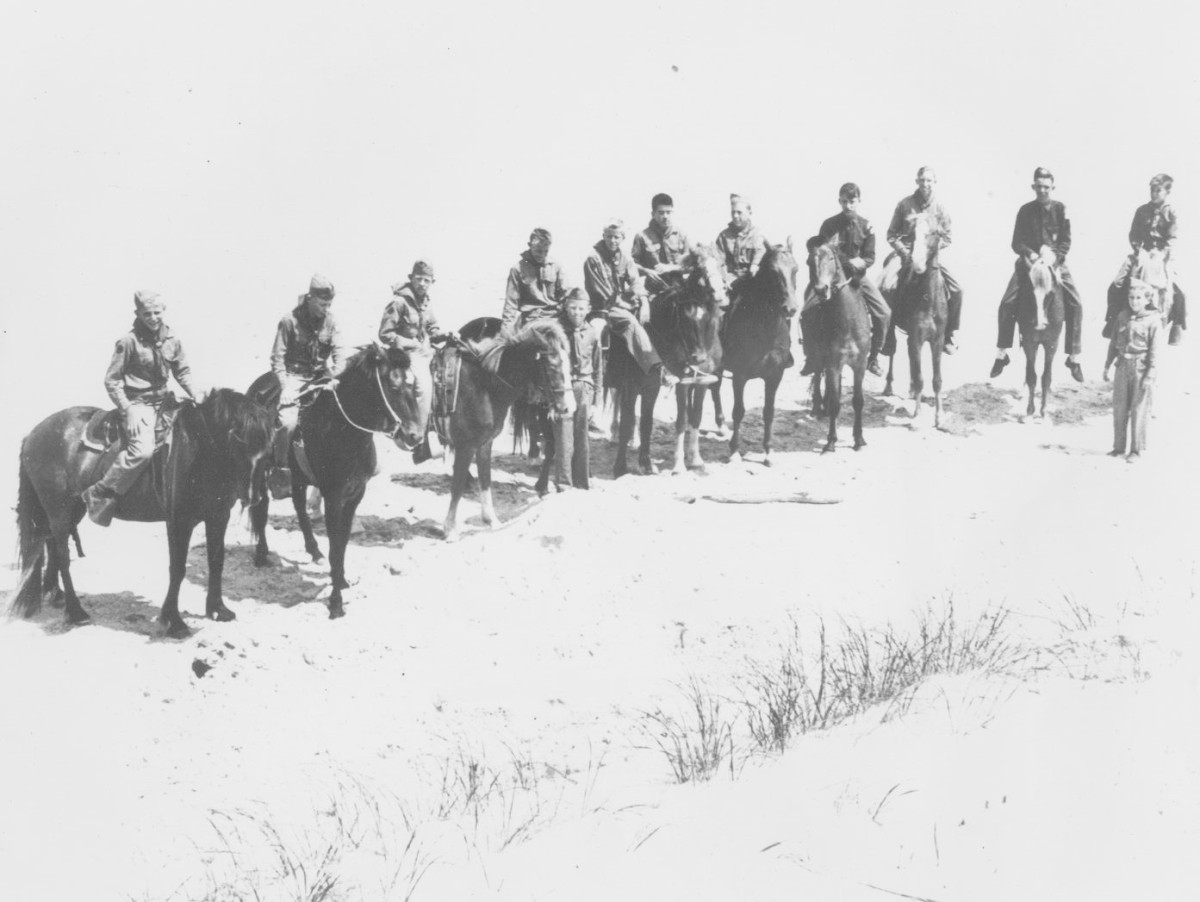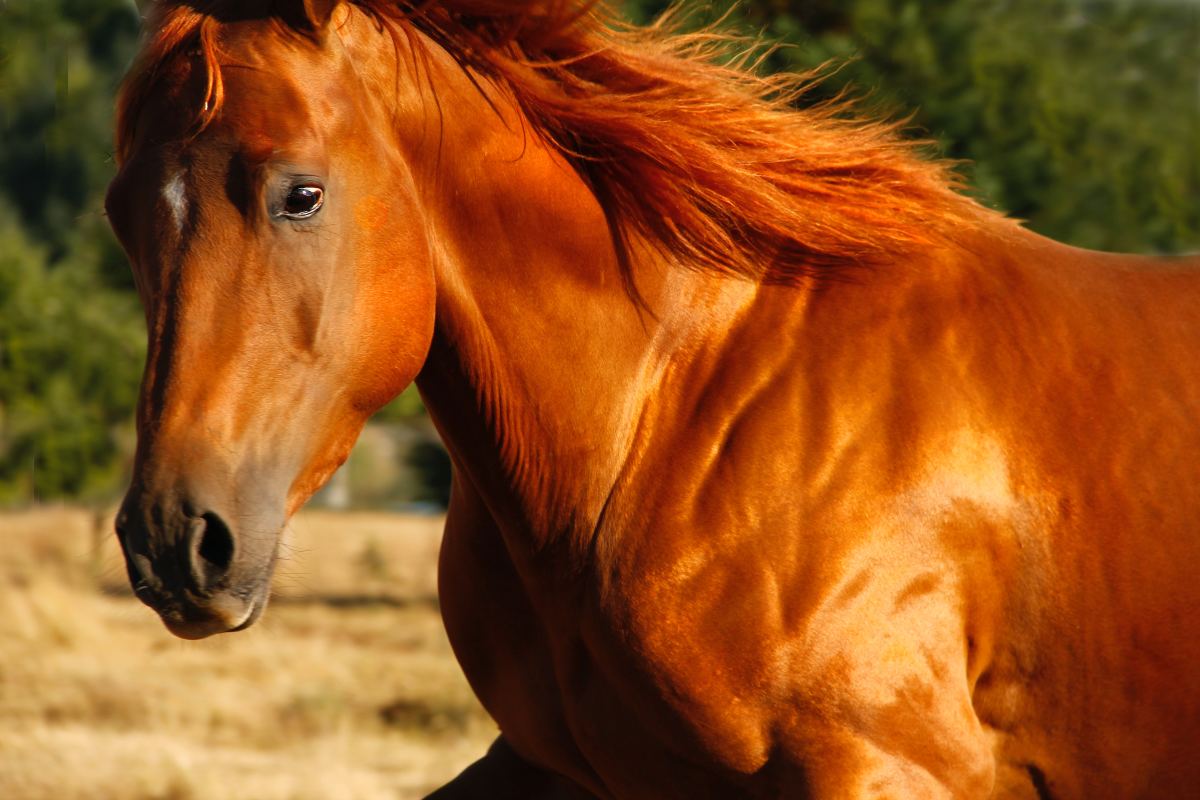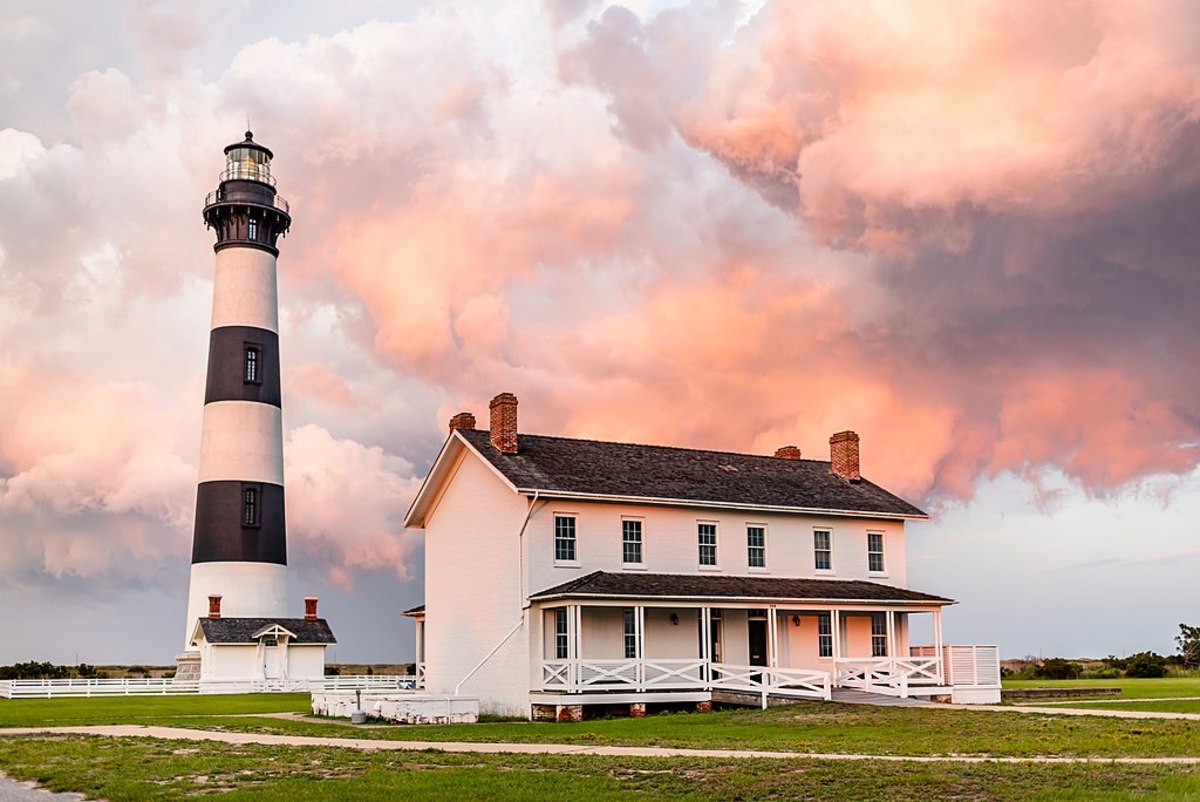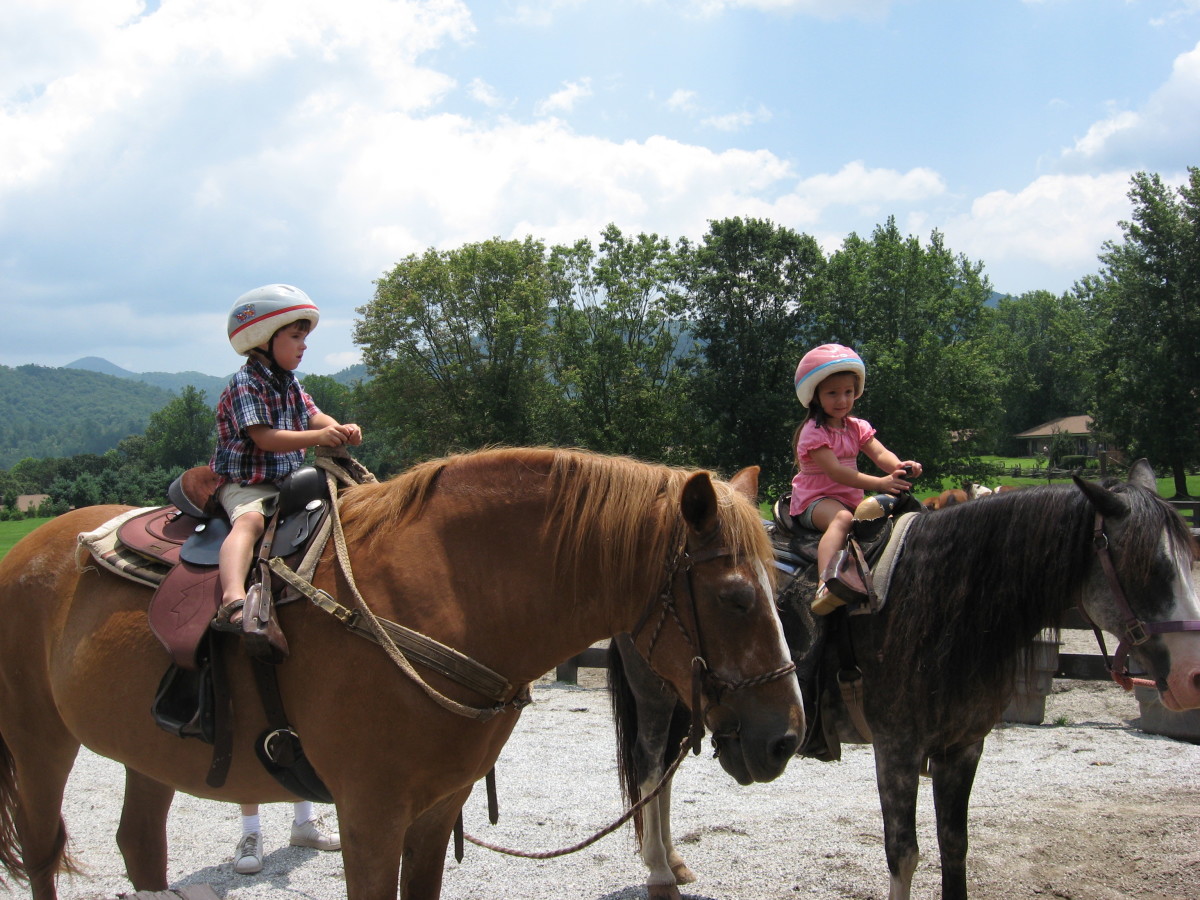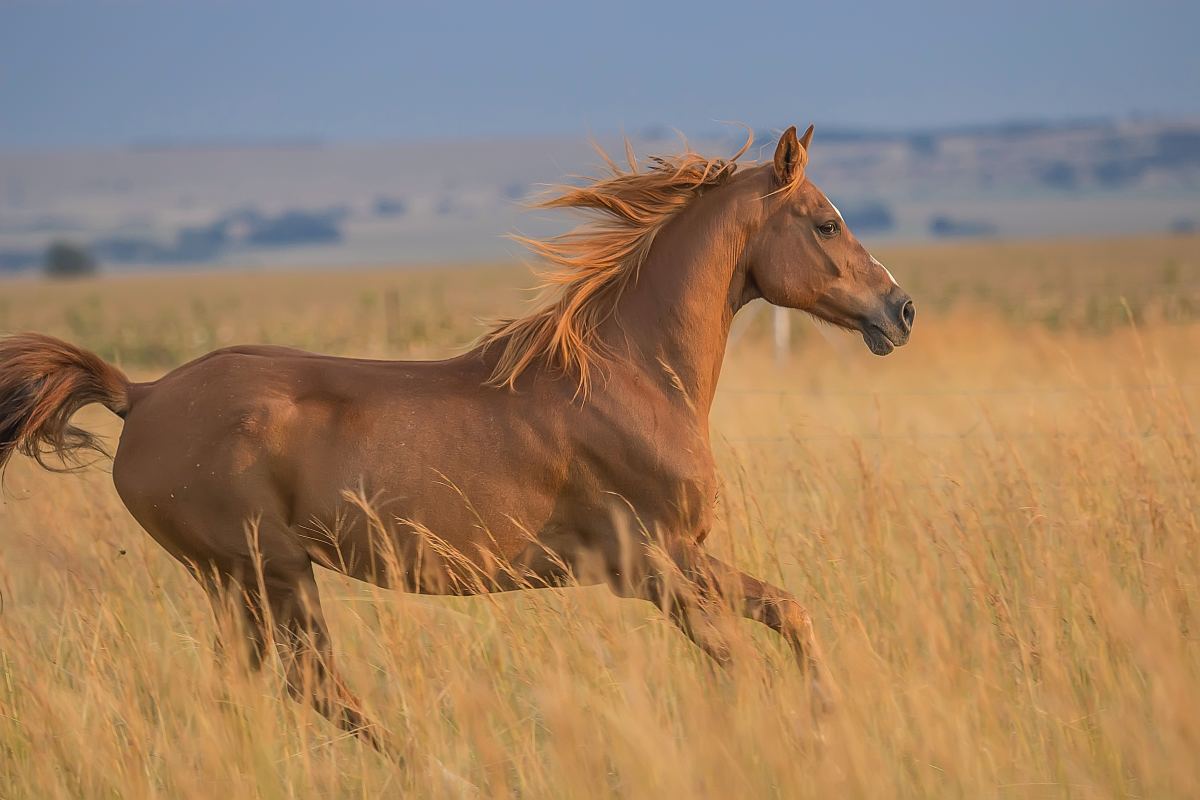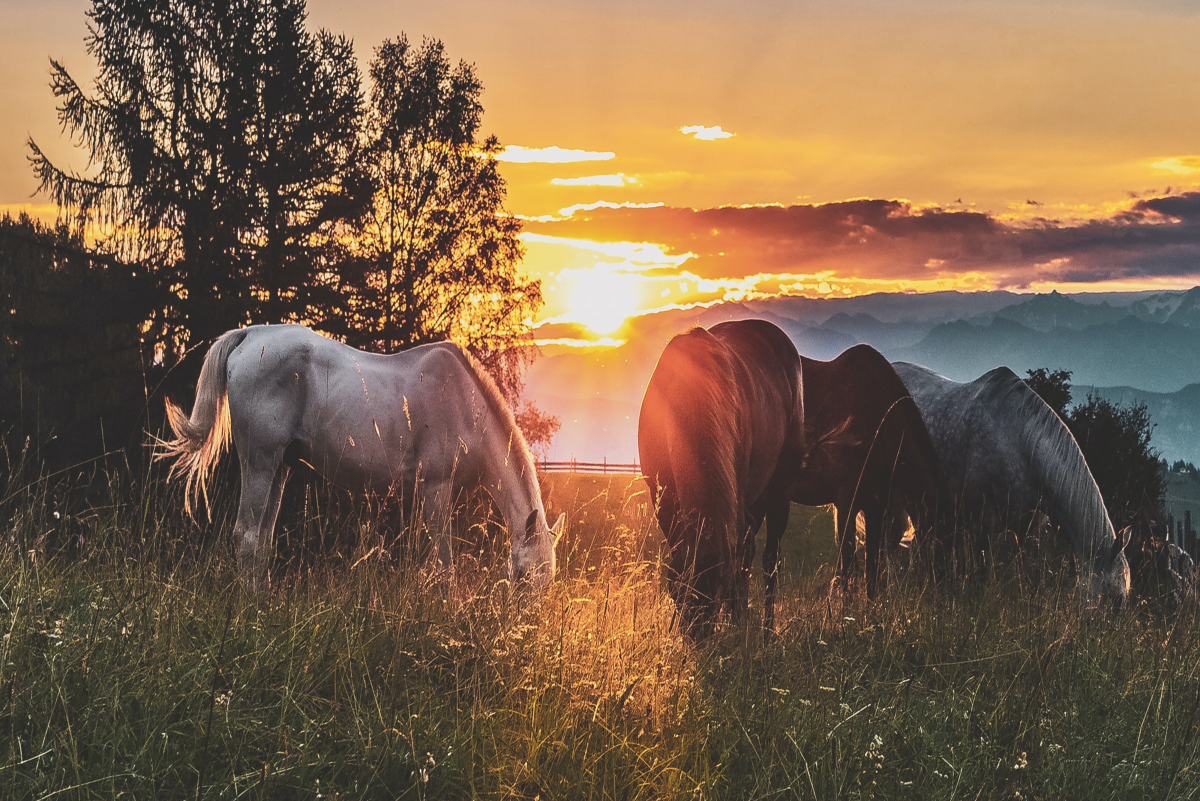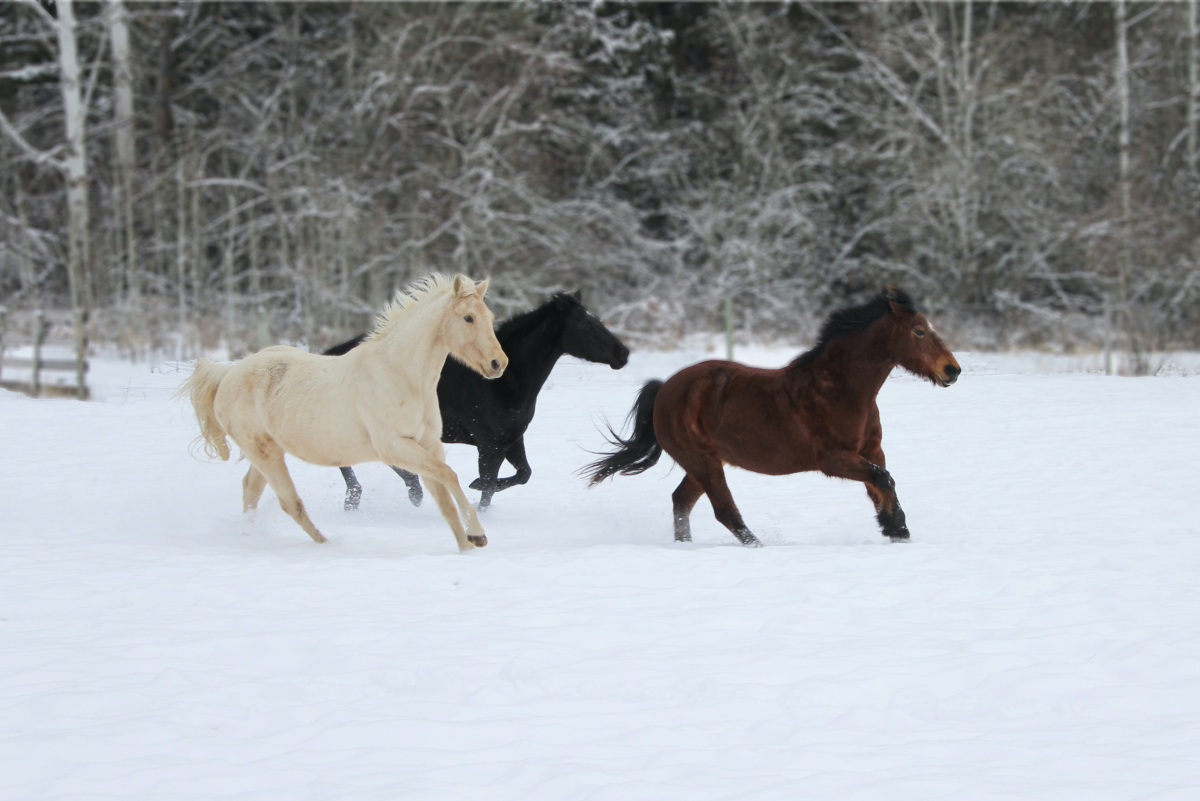Wild Horses Under Threat of Extinction
The Corolla Wild Horses
The Corolla wild horses are one of several herds of free-roaming horses that live on the coast of North Carolina. They are descendents of Spanish horses brought to the New World in the sixteenth century as "disposable land transportation." The horses were left behind and have fended for themselves for 400 years. It's only been in recent years that they've needed a lot of help from their friends. A burst of development has eaten away at their grazing land and brought such danger as speeding vehicles, toxic garbage, and tourists.
Members of Corolla Wild Horse Fund have fought a valiant fight to keep their herd of wild horses safe. They built a fence across the island and herded the horses to what they hoped was a safe refuge - far from traffic and curious tourists. But the horses seem to be constantly under threat from the human population spreading up the Outer Banks. Several were shot and killed in recent years. Some wander back down into town by swimming around the fence on the sound-side, again endangering themselves in the traffic along highway twelve.
The area where the horses' range is sparsely dotted with beach houses; but is only accessible by four-wheel-drive vehicles or on foot. Except for the maniacs with guns, they are living peacefully, grazing among the dunes and showing themselves to fisher folk on the beach from time to time.
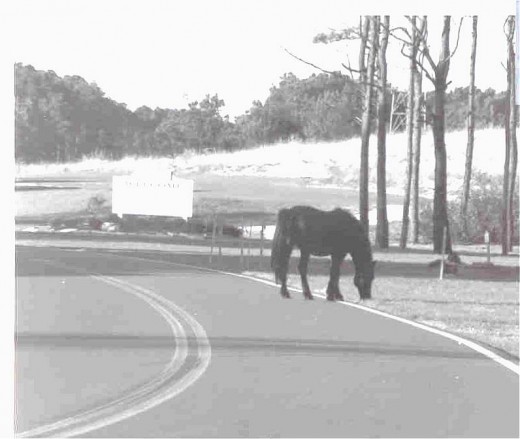
Endangered Once Again
But, once again the Corolla Wild Horses are being threatened by progress. I received the following email from Karen H. McCalpin, Executive Director of Corolla Wild Horse Fund:
"I wanted to make you aware of two very serious threats to the continued existence of the wild horses of Corolla. The first is the possibility of a genetic collapse and extinction if USFWS gets their way. .You can read about this at http://www.northernouterbanks.blogspot.com/ . Anything that you can do to help spread the word would be deeply appreciated. Letters to the legislators would be very effective as well as signing the online petition. Below is information that went out to our volunteers.
"Unfortunately we are going to have to postpone the October 11 Legislative/Media event until spring. Due to the national economic crisis, upcoming election and many other competing events, the key politicians and some of the speakers that we need to support this issue publicly are not able to attend. I will let you know when it is rescheduled. If you would like to weigh in on this issue and haven't already done so, please go to our website and sign our online petition. Adding comments helps the petition carry more weight. If you get a message about contributing to i petitions, just click on "no" at the bottom of the box. Please share this with everyone you know. If you would like to see who else has signed and what they have written, click on the signatures tab. The next meeting of the Wild Horse Advisory Board (USFWS, NCERR, Currituck County, CWHF, Betty Lane and Connie Johnson) is October 15, 1:00 p.m. at the Corolla Library. The meeting is open to the public and I will again be requesting an amendment to the herd size.
Also, if you are not already aware of it, there is a move to amend the Unified Development Ordinance to allow commercial development in the 4-wheel drive area. If the genetic issue does not push the wild horses to extinction, this surely will. It is scheduled for the November 17 BOC meeting. If ever there was a time to speak up for the horses - this is it - not after they are gone. First commercialization, then - a road."
Now, I realize this sounds like a local problem to those of you who are not North Carolina residents. But, maybe not. See these horses are part of our American Heritage, not just North Carolina's. These horses are descended from Spanish mustangs brought to the new world in the sixteenth century. They are the horses that carried explorers into the New World, helped colonists transport goods and plow fields, and provide sport. They are the rootstock of the American Quarter Horse. They exemplify fortitude, strength and survival as they have been living under the harsh conditions of the sandy islands of the Outer Banks for four hundred years. Hurricanes, nor-easters, eating nothing but tough marsh grass and drinking brackish water. It seems a shame after all that they will succumb to what we call progress.
The Northern Outer Banks Blogspot sums it up best, "The Northern Outer Banks are pristine and unspoiled. From the end of the paved road to the Virginia line, residents, property owners, and visitors enjoy unspoiled nature, wildlife, amazing beaches, and peaceful serenity.
Proposals for commercial development in the four-wheel-drive area are threatening the pristine environment, this great asset of Currituck County, and the general safety and welfare of the community. Development happens. But the way we manage this development makes all the difference. Don't we have enough proof in over developed areas throughout the world! The county's decisions and plans for controlled, responsible growth impact safety and security of all visitors and residents, including the environment."
- Welcome to the Corolla Wild Horse Fund
The Corolla Wild Horse Fund was created in 1989 by a group of concerned citizens to highten awareness about the presence of Wild Spanish Mustangs on the Currituck Outer Banks.
Corolla Wild Horses
Update March 18, 2010
Karen H. McCalpin, Executive Director of the Corolla Wild Horse Fund received notification today from the office of North Carolina Congressman for the 3rd District, Walter B. Jones that a HB 4867 was introduced yesterday. It is titled the “Corolla Wild Horse Protection Act.” It has been referred to the House committee on Natural Resources. McCalpin said, “It has a long way to travel before becoming a law but the introduction of this bill is monumental for the horses and sends a clear message to those who would have us manage for extinction.”
The wild horses of North Carolina’s coast are an integral part of the history and culture of our state as well as our country. They are a symbol of American, strength, perseverance, and freedom. Congressman Jones, who has already worked hard to support the preservation of the Shackleford Banks herd has now taken action to ensure that the wild horses of the Currituck Outer Banks will remain here for generations to come.
I hope North Carolinians will
contact Congressman
Walter Jones and let him know you appreciate his action. As the Corolla Wild Horse Protection Act progresses we have to let
our law makers know this is important to us. To e mail: visit his
website at: http://jones.house.gov/
2333 Rayburn House Office Building
Washington DC 20515
Wild Pony Museum
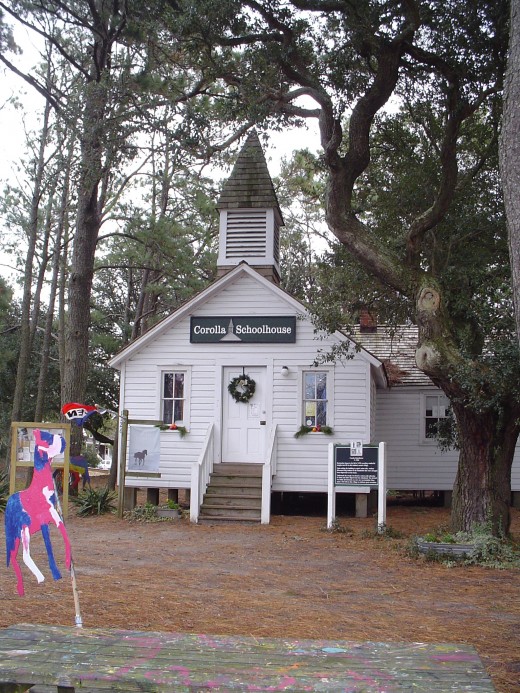
Corolla Wild Horse Fund’s Breed Conservation Program
In an effort to preserve the breed, CWHF is designing a program to create more support for the wild horses by exposing them more to the public. They will do this using the horses in clinics, demonstrations, parades and other special events, through various publications and with a breeding program outside the wild herds.
The foundation breeding stock for this program comes from both the Corolla herds and the wild horses of Shackleford Banks. Many are horses that because of injury or illness could not survive in the wild and have been adopted by private owners. Including the Shackleford Horses, horses of the same heritage and breed, will build on the limited genetic diversity that exists. All foals produced from this stock will be registered with the Horse of the Americas, the premier registry of Colonial Spanish Horses. These foals are not going to be put into the wild, but will insure the continuation of the breed and heritage of the wild horses of North Carolina’s Outer Banks.


